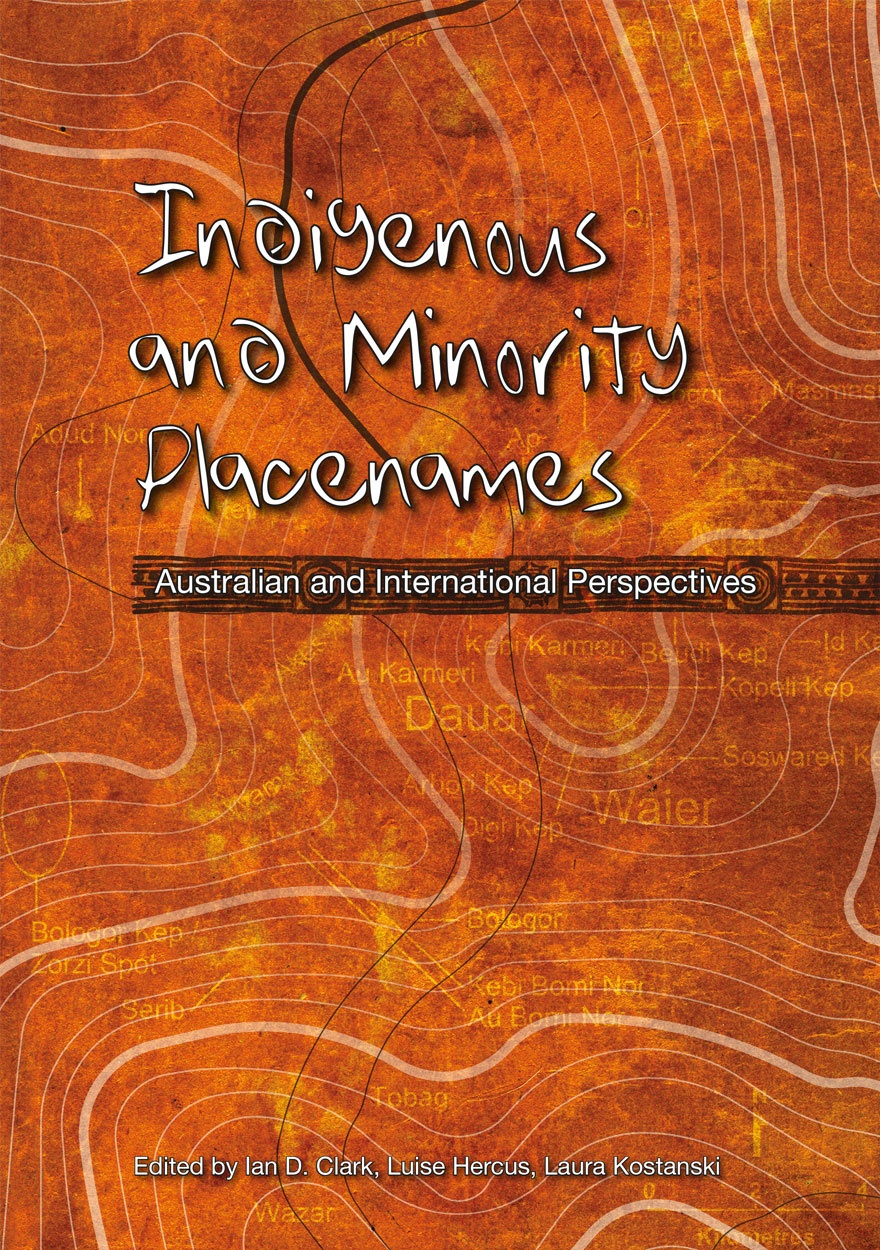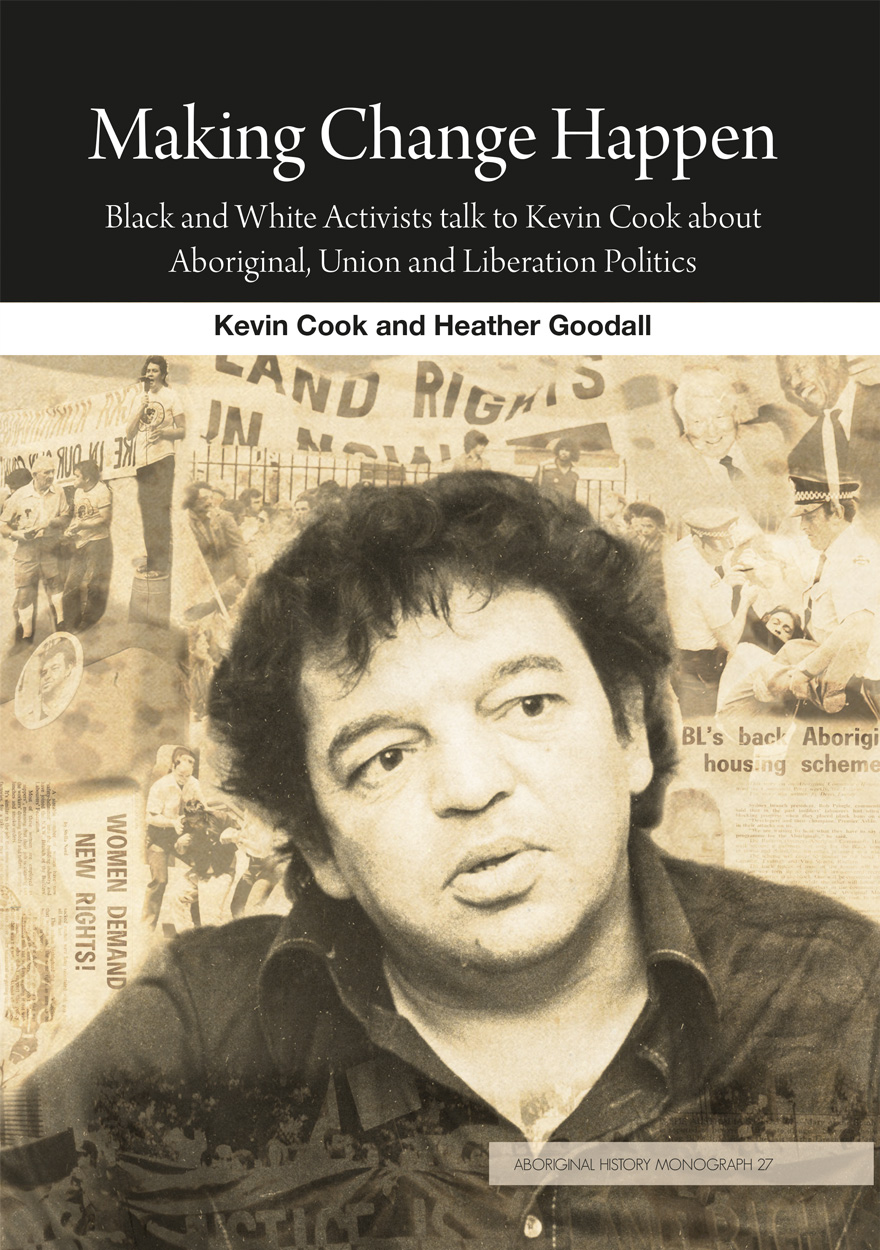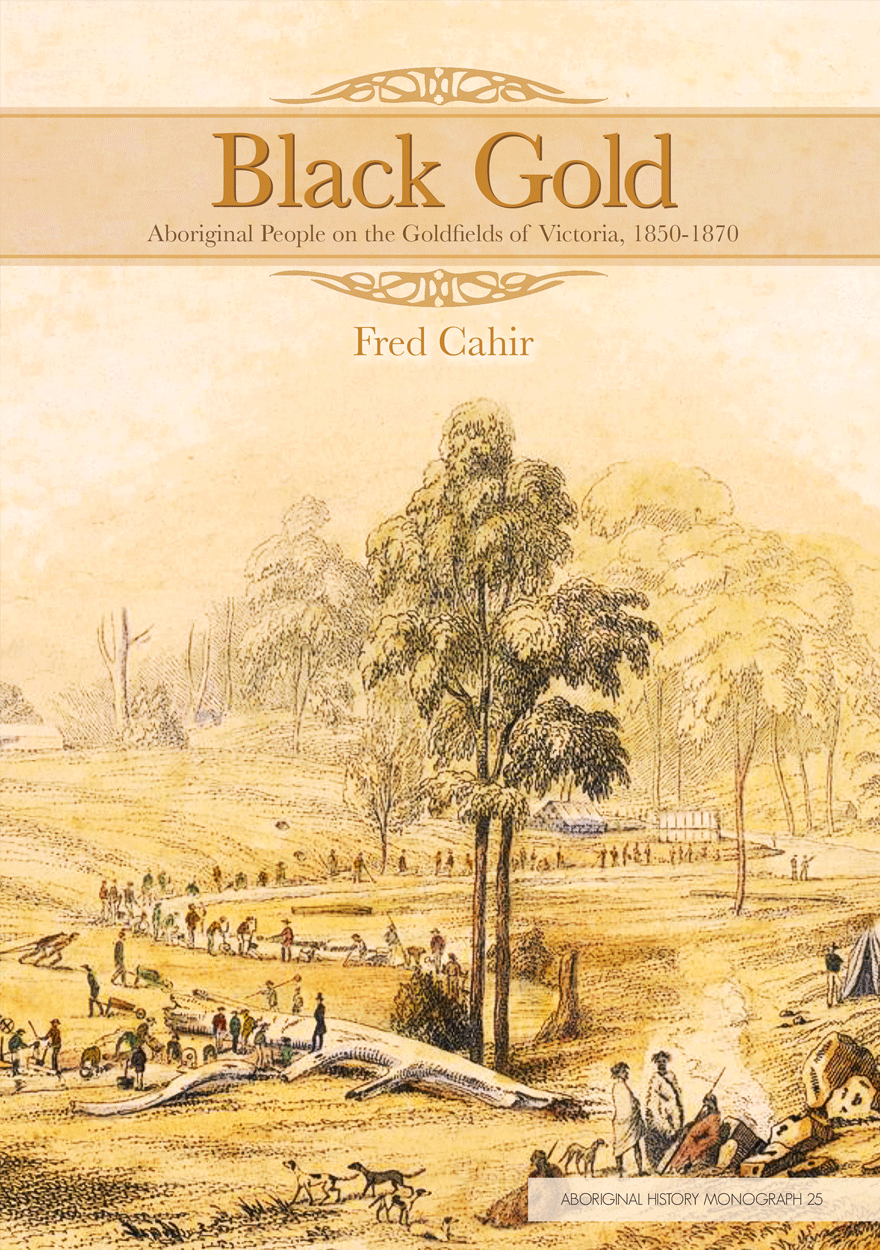Aboriginal History Monographs
Aboriginal History monographs present studies on particular themes or regions, or a series of articles on single subjects of contemporary interest.
Please note: The following list of titles is sorted by publication date, with the most recent first.
Displaying results 1 to 25 of 36.

The Wild Australia Show »
The Story of an Aboriginal Performance Troupe and its Afterlives

Rebellion at Coranderrk »

Ebenezer Mission Station, 1863–1873 »
The Diary of Missionaries Adolf and Polly Hartmann

Power and Dysfunction »
The New South Wales Board for the Protection of Aborigines 1883–1940

On Taungurung Land »
Sharing History and Culture

The Bible in Buffalo Country »
Oenpelli Mission 1925–1931

Indigenous Self-Determination in Australia »
Histories and Historiography

Goodna Girls »
A History of Children in a Queensland Mental Asylum

Labour Lines and Colonial Power »
Indigenous and Pacific Islander Labour Mobility in Australia

In Search of the Never-Never »
Mickey Dewar: Champion of History Across Many Genres

The Lives of Stories »
Three Aboriginal-Settler Friendships

Indigenous Mobilities »
Across and Beyond the Antipodes

The Contest for Aboriginal Souls »
European missionary agendas in Australia

Brokers and boundaries »
Colonial exploration in Indigenous territory

In Defence of Country »
Life Stories of Aboriginal and Torres Strait Islander Servicemen and Women

Indigenous Intermediaries »
New perspectives on exploration archives

Long History, Deep Time »
Deepening Histories of Place

Settler Colonial Governance in Nineteenth-Century Victoria »

In the Eye of the Beholder »
What Six Nineteenth-century Women Tell Us About Indigenous Authority and Identity

Indigenous and Minority Placenames »
Australian and International Perspectives

Dharmalan Dana »
An Australian Aboriginal man’s 73-year search for the story of his Aboriginal and Indian ancestors

Making Change Happen »
Black and White Activists talk to Kevin Cook about Aboriginal, Union and Liberation Politics

Edward M. Curr and the Tide of History »

Black Gold »
Aboriginal People on the Goldfields of Victoria, 1850-1870




